Cauliflower is one of many cruciferous vegetables, including broccoli, cabbage and kale. While commonly known for its white color, it also comes in purple, green and orange varieties. Cauliflower is a very versatile vegetable that shows up on relish plates, can be sautéed in stir-fries, pickled with onions, roasted on skewers and can even be mashed.
When purchasing cauliflower, look for densely packed florets that are clean and creamy white. You can increase its shelf life by placing it in a loose plastic bag with a paper towel inside.
Health Benefits of Cauliflower
One of cauliflower’s best nutritional aspects is the high value of vitamin C it delivers in a 100-gram serving — an impressive 48.2 milligrams. Cauliflower is also a good source of vitamin K, potassium, thiamin, riboflavin, niacin, magnesium and phosphorus, along with packing 2 grams of dietary fiber. Other nutrients that comprise this healthy food include iron, zinc, calcium and vitamin E.
Cauliflower also contains numerous phytonutrients, such as indole-3-carbinol, which may help lower the risk of cancer by affecting multiple signaling pathways. Sulforaphane, another compound found in cauliflower, possesses antimicrobial, anticancer and anti-inflammatory properties.
| Cauliflower Nutrition Facts
Serving Size: 3.5 ounces (100 grams), raw |
||
| Amt. Per Serving |
% Daily Value* |
|
| Calories | 25 | |
| Calories from Fat | 0.8 | |
| Total Fat | 0 g | |
| Saturated Fat | 0 g | |
| Trans Fat | ||
| Cholesterol | 0 mg | |
| Sodium | 30 mg | |
| Total Carbohydrates | 4.97 g | |
| Dietary Fiber | 2 g | |
| Sugar | 2 g | |
| Protein | 1.91 g | |
| Potassium299 mg | Vitamin C | 48.2 mg |
| Calcium22 mg | Iron | 0.42 mg |
Studies Done on Cauliflower
Cauliflower’s claim to fame as a nutritious food isn’t just hearsay. Scientists have studied the vegetable and how it can benefit your health, and some of the most prominent findings include:
- Boosting antioxidant levels —Cauliflower is noted for its high antioxidant activity. However, be sure to steam it if you want to make the most of the nutrients.
- Eliminating harmful bacteria in the gut —A 2017 study notes that brassica vegetables like broccoli and cauliflower may help eliminate sulphate-reducing bacteria, which may help boost gut health.
- Protecting cognitive health —Research published in Frontiers in Aging Neuroscience note that cauliflower has neuroprotective properties thanks to its sulforaphane content.
Additionally, cauliflower’s sulforaphane content may lower the risk of cancer, and may complement conventional cancer treatments.
Cauliflower Fun Facts
Mark Twain once wrote, “Training is everything. A peach was once a bitter almond; a cauliflower is nothing but a cabbage with a college education.” The word “cruciferous” comes from the Latin word cruciferae, which was based from the appearance of the mustard family. These plants have four petals that resemble a cross.
Summary
As a delicious cruciferous vegetable with an impressive number of ways to prepare it, cauliflower packs a vitamin C punch and has the distinction of potentially lowering the risk of cancer. Serve it as a snack, combine it with other veggies in stir-fries or add to it soups and stews.


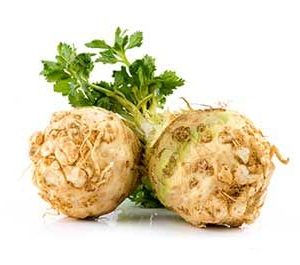
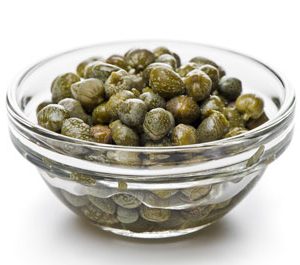
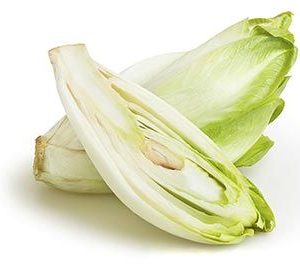
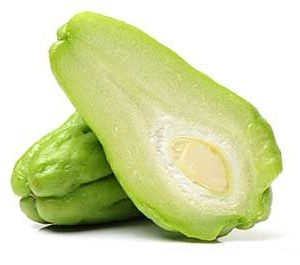
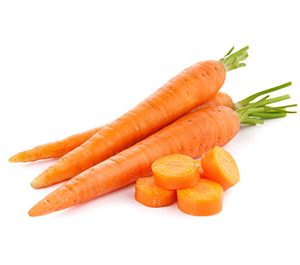
Reviews
There are no reviews yet.